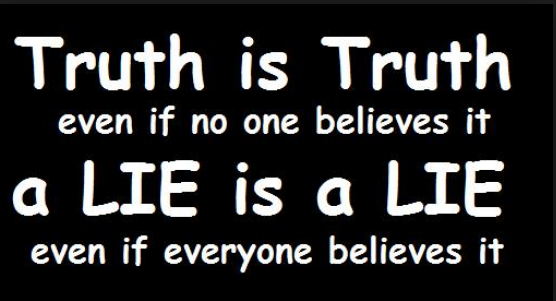On Friday, Republicans on the House Intelligence Committee released a report based on their cursory investigation into Russian interference in the 2016 election. Full of shoddy rationalizations and evasions, it purported to show that America’s intelligence community failed to use “proper analytic tradecraft” in concluding that Russia wanted to help elect Donald Trump, and that there is no evidence that the Trump campaign colluded with Russia. Its real message was that, for Republicans in Congress determined to protect this president, evidence is irrelevant.
Consider just one bit of spin about the Trump campaign’s clandestine Russia connections. During the presidential transition, Trump’s son-in-law, Jared Kushner, and Michael Flynn, who had been named national security adviser, tried to set up a back channel to the Kremlin through the Russian Embassy, in an apparent attempt to evade American intelligence monitoring. The majority report treats this, amazingly, as exculpatory: “Possible Russian efforts to set up a ‘back channel’ with Trump associates after the election suggest the absence of collusion during the campaign, since the communication associated with collusion would have rendered such a ‘back channel’ unnecessary.”
This makes no sense — new developments would require new communications. But making sense isn’t the point; the report’s function is to obscure reality, not illuminate it.
In reality, as the meticulous Democratic response to the Republican report makes clear, there’s already overwhelming evidence of the Trump campaign’s collusion with Russia. But as details of Trump’s Russia connections have dribbled out over the last year and a half, each revelation has led to a familiar, numbing cycle of shock, impotent anger, and, finally, resignation.




